Esophageal spasm – Appears occasional, may turn as chronic pain

Esophageal spasm is the disorder when one faces abnormal contractions of the muscles. Muscles in the esophagus (the tube which carries food from the mouth to the stomach) gets narrowed down and gets limited space and develops into spasms and hence the food cannot pass in a proper manner.
Symptoms
This condition is very uncommon and can be very powerful at times. The contractions makes it difficult to consume food and also give severe pain. Some of the visible symptoms are:
- Chest pain
- Back and jaw pain
- Difficulty to swallow
- Burning feeling in the chest
Causes
The causes of this condition is not known. The hot and cold foods could be one of the reasons in creating a disorder in the tube. Improper nerve activity and lack of coordination in the esophageal region could also trigger the spasm. However, there are two variants in this condition:
- Diffuse esophageal spasms This type is not regular and can occur in regards to the regurgitation of food or any liquids.
- Nutcracker esophagus This one is very powerful and one faces strong and active muscle contractions. Asevere chest pain is experienced that may last for few hours.

Risk factors and complications
- Disruption in the nerve activity Disorder in nerve centers could give rise to contractions.
- Hot and cold foods Extreme hot and cold foods are to be avoided as they cause the starting point to this condition. Medical practitioners usually advise avoiding such an intake.
- Woman are more prone to this condition as compared to men
- Gastro esophageal reflux disease Person suffering from GERD is most likely to suffer with this condition.
- Anxiety Over anxiety or panic attack may lead to the disorder in esophagus.
Test and Diagnosis
There are some of the preliminary tests involved in gastroenterology hospitals in Hyderabad which helping figure out this disorder. They are:
- X Ray X Ray is the primary test which helps in detecting this condition. A barium swallow is undertaken using a normal X Ray scan.
- Esophageal Manometry In this particular test, a small tube is attached to the instrument that measures the amount of pressure.
- Endoscopic scan This method of scan helps in figuring out the area of esophagus. It will get a detailed view of the condition.
Treatment
Some of the non-surgical methods are carried out in order to treat esophagus spasm:
- Nitroglycerin This drug is placed under the tongue and gives a good relief in times of sudden contractions.
- Low dose antidepressants Drugs like trazodone or nortiptyline give notable relief.
- Dilation In this method, a dilation device is used. The device is placed in the area of esophagus to ease the narrow regions.
- Botulinum toxin– A medicine which is suggested by medical practitioners in case dilation does not give much results. Botulinum toxin will relax the esophagus muscles.
Surgery – Surgery is inevitable in case of severe contractions in esophagus. In this method, lower end of esophagus muscle is cut to prevent contractions.
The treatments and drugs at Super speciality hospitals in hyderabad are beneficial but this entirely depends from case to case. A healthy lifestyle which balances work and life could also ease out the tension in the muscles in esophagus as stress is also the vital reason for this condition.




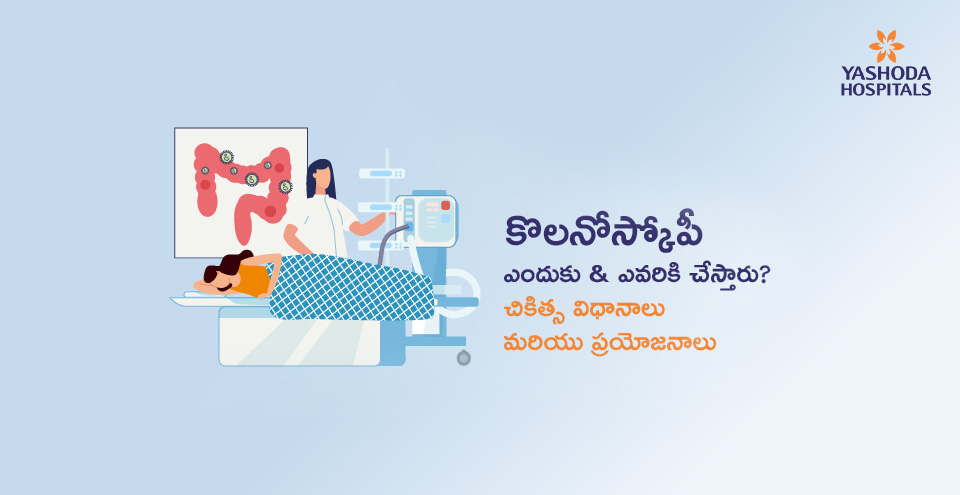
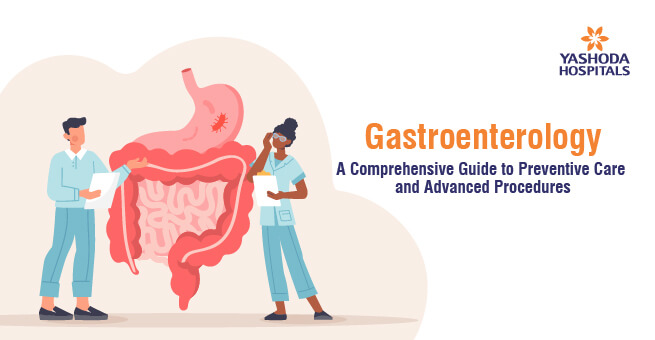

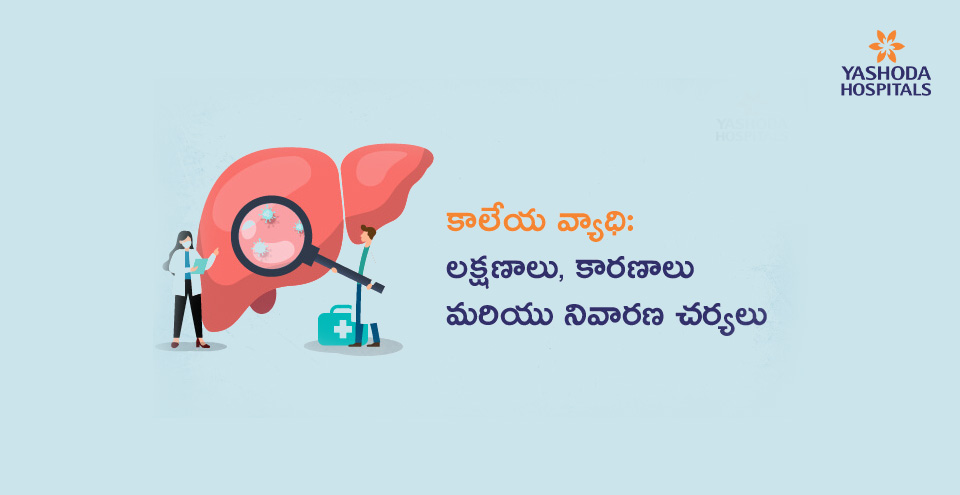
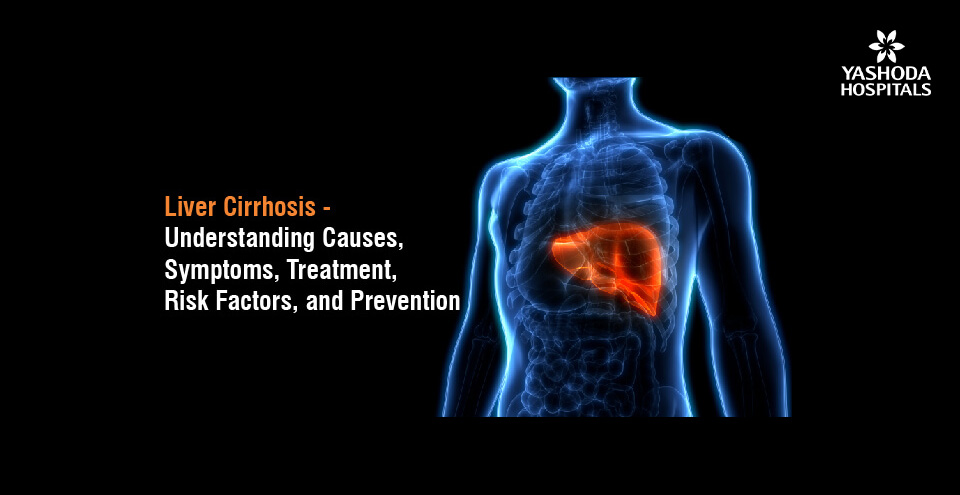
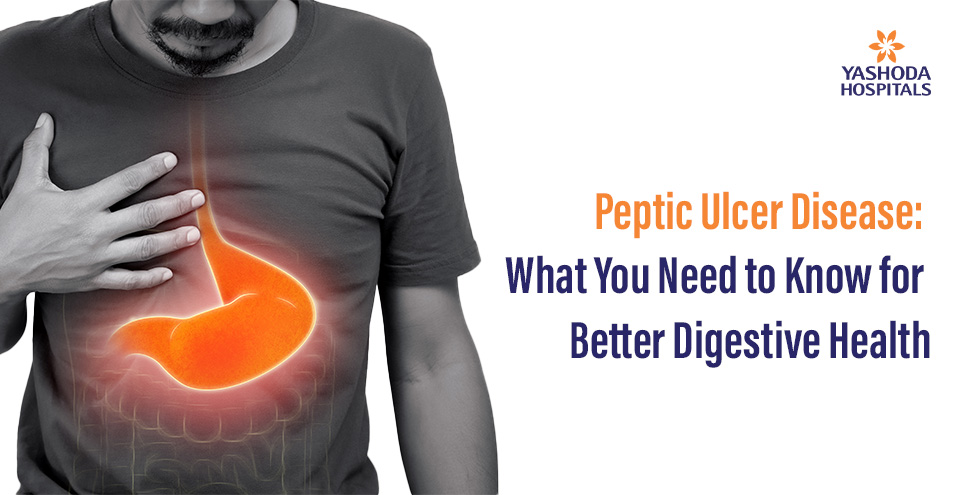
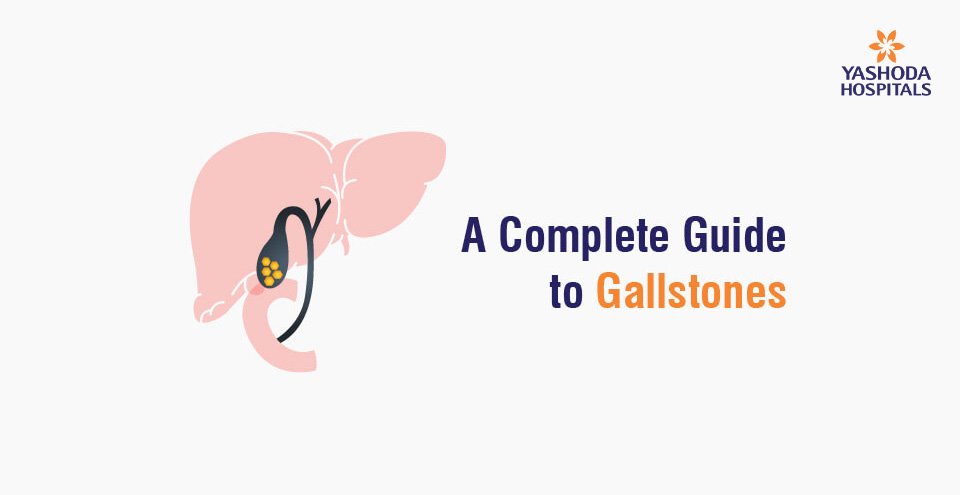
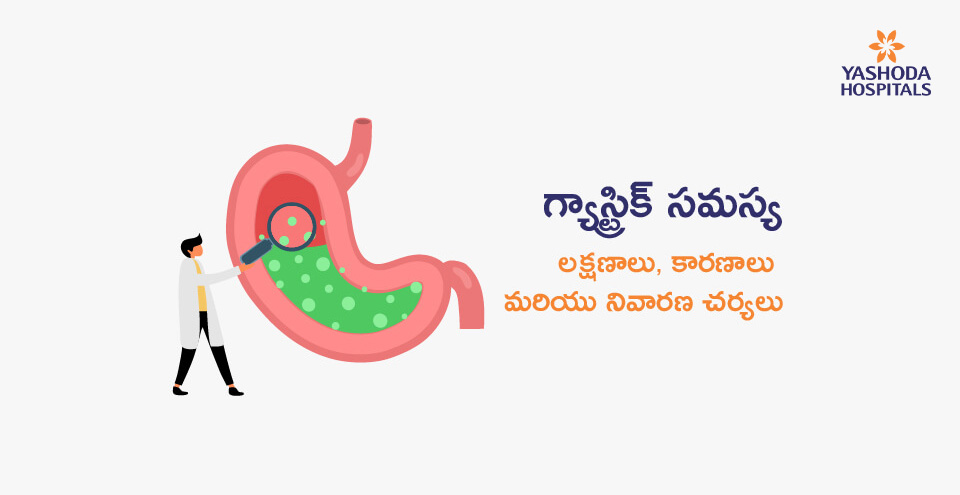
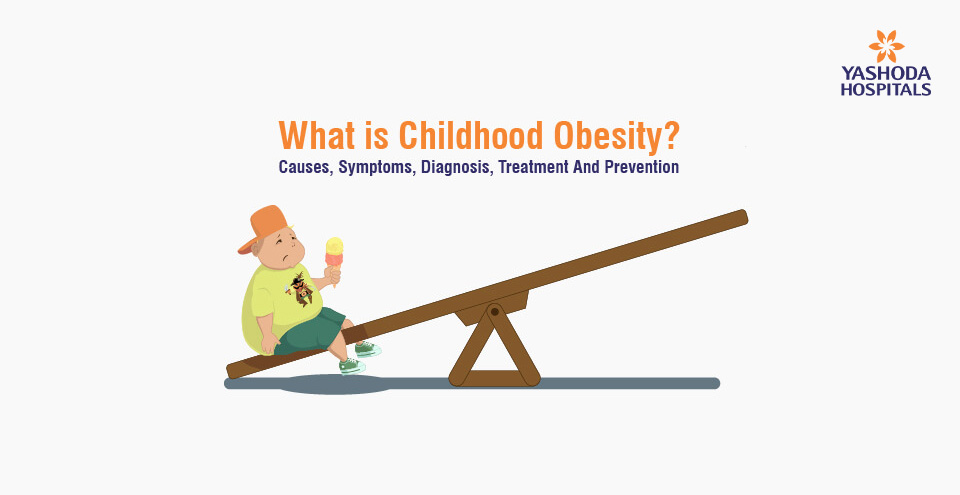


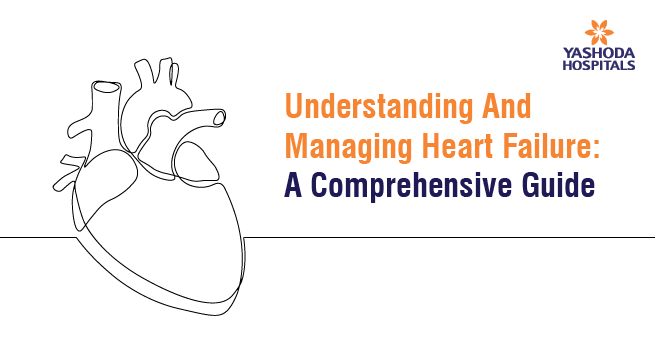
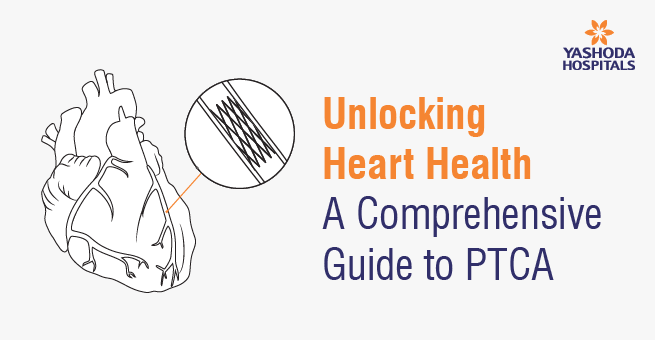
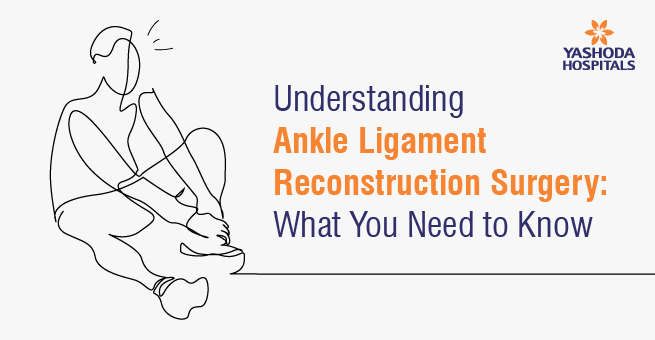

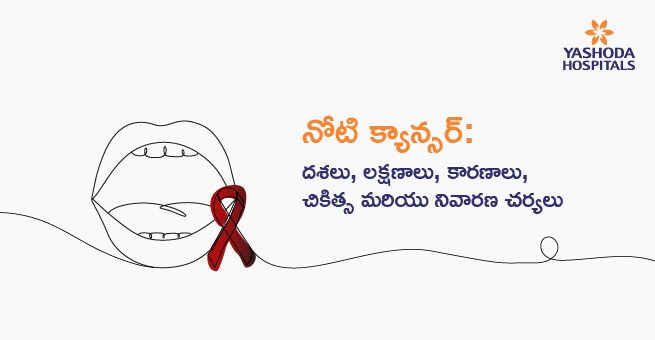
 Appointment
Appointment Second Opinion
Second Opinion WhatsApp
WhatsApp Call
Call More
More





